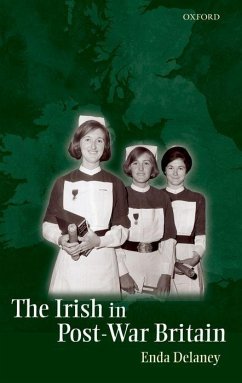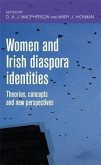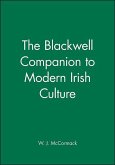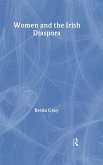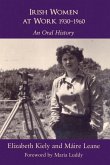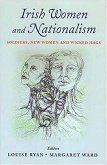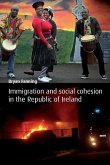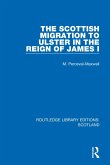Exploring the neglected history of Britain's largest migrant population, this new major historical study looks at the Irish in Britain after 1945. It reconstructs the histories of the lost generation who left independent Ireland in huge numbers to settle in Britain from the 1940s until the 1960s. Drawing on a wide range of previously neglected materials, Enda Delaney illustrates the complex process of negotiation and renegotiation that was involved in adapting and adjusting to life in Britain. Less visible than other newcomers, it is widely assumed that the Irish assimilated with relative ease shortly after arrival. The Irish in Post-war Britain challenges this view, and shows that the Irish often perceived themselves to be outsiders, located on the margins of this their adopted home. Many contemporaries frequently lumped all the Irish together as all being essentially the same, but Delaney argues the experiences of Britain's Irish population after the Second World War were much more diverse than previously assumed, and shaped by social class, geography and gender as well as nationality. This book's original approach demonstrates that any understanding of a migrant group must take account of both elements of the society that they had left, as well as the social landscape of their new country. Proximity ensured that even though these people had left Ireland, home as an imagined sense of place was never far away in the minds of those who had settled in Britain.
This fascinating portrait of Britain's oldest migrant group combines rich historical detail with penetrating insights into the everyday experiences of the Irish who made Britain their home after 1945. The Irish in Post-war Britain reconstructs, with both empathy and imagination, the lives of the generation who left Ireland in huge numbers to work in Britain during the 1940s and 1950s. Its original approach demonstrates that any understanding of a migrant group must take account of both elements of the society that they had left as well as the social landscape of their new country, and explores the ethnic diversity of post-war Britain.
This fascinating portrait of Britain's oldest migrant group combines rich historical detail with penetrating insights into the everyday experiences of the Irish who made Britain their home after 1945. The Irish in Post-war Britain reconstructs, with both empathy and imagination, the lives of the generation who left Ireland in huge numbers to work in Britain during the 1940s and 1950s. Its original approach demonstrates that any understanding of a migrant group must take account of both elements of the society that they had left as well as the social landscape of their new country, and explores the ethnic diversity of post-war Britain.

